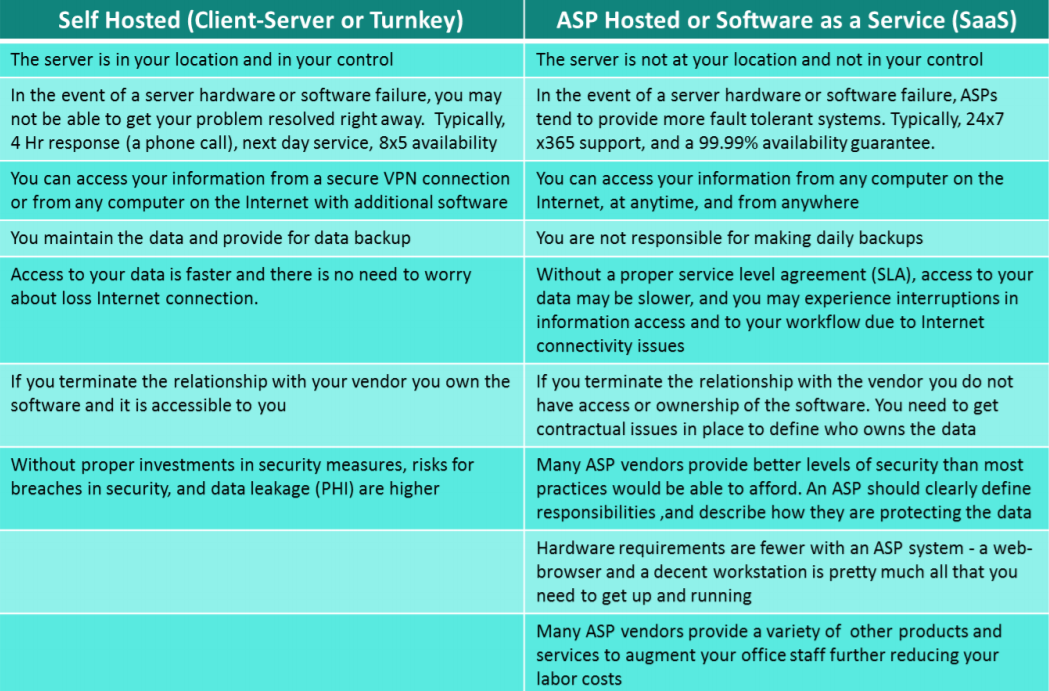

Moreover, various providers in primary and second healthcare have implemented a variety of EHR solutions with limited or no provision of integration across various tools for seamless access by all healthcare professionals from any health facility in the UK. 1 Various attempts at implementation have been met with hurdles, particularly budgetary constraints. Over the years, the NHS has aspired to have fully integrated electronic health records (EHR) across the UK, first recorded in its information management and technology strategy in 1998. The National Health Service (NHS) in the UK is considered as one of the most developed healthcare systems across the globe. Doctors, nurses and healthcare support workers overwhelmingly supported the quality, usefulness, completeness of specified fields and practicality of the electronic records. We undertook a staff survey to investigate the opinion before and after implementing the electronic health record. It fulfilled various generic multidisciplinary record keeping audit tool standards endorsed by the Royal College of Physicians by 100%. This quality improvement project improved clinical documentation on the paediatric wards and enhanced patient record-keeping, boosted clinical information-sharing and streamlined patient journey. We aimed to improve and standardise clinical documentation of paediatric admissions and ward round notes by developing electronic proforma for initial paediatric clerking, ward rounds and patient reviews. Documentation by nurses is also carried out electronically. Laboratory tests, imaging results and prescription requests are executed via the EPR system. Clinicians primarily use paper notes for admission clerking, ward rounds, ward reviews and outpatient clinic consultations. The paediatric department at Queen’s Hospital Burton uses a mix of paper notes and computerised medical records. It is perceived that EPR improve the quality and efficiency of patient care. Electronic patient records (EPR) have been gradually introduced to replace patient’s paper notes with the aim of providing a more reliable record-keeping system.

This can affect the patient’s medical care and has medico-legal implications.

However, written notes are liable to misinterpretation due to illegibility and misplacement. In many hospitals, patient medical records are written on paper. These provide the clinician with a permanent record of the patient’s illness and ongoing medical care, thus enabling informed clinical decisions. Medical records are crucial facet of a patient’s journey.


 0 kommentar(er)
0 kommentar(er)
